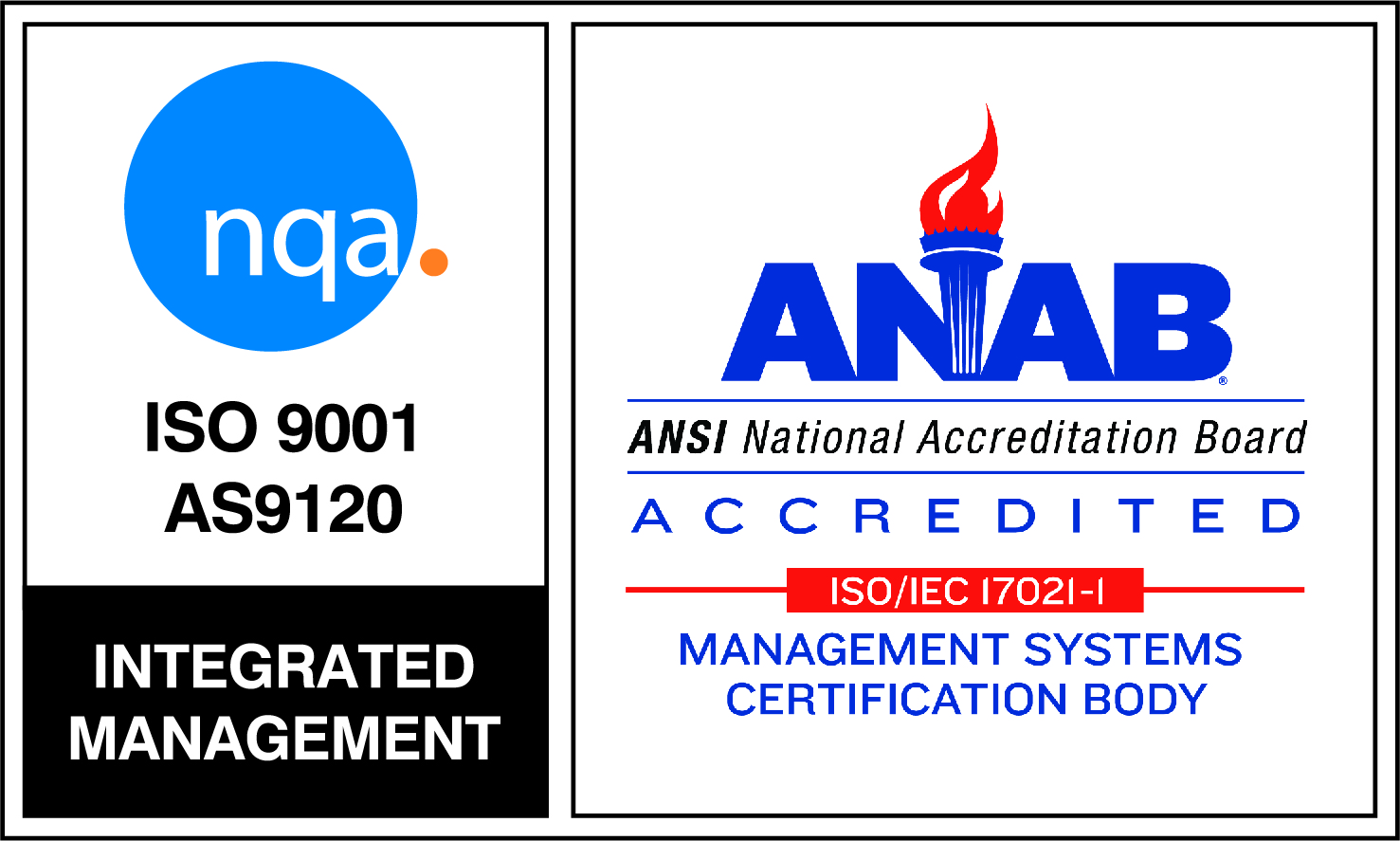In the electronic component supply chain, ensuring the reliability of microchips is of utmost importance. However, counterfeit microchips continue to pose a challenge to customers who explore grey market solutions when they reach potential line-down situations. To shed light on this issue, we explore how counterfeiters operate and how independent distributors use certifications and testing to guarantee chip authenticity.
Understanding Counterfeiting Methods
- Cloning: Counterfeiters often replicate genuine microchips, making them look identical. While they might function initially, these copies generally lack the quality and reliability of authentic chips.
- Recycling: Some counterfeiters salvage discarded or faulty microchips, refurbish them, and pass them off as new. This can be risky since these chips may still have hidden flaws.
- Re-marking: Counterfeiters tamper with microchip markings to make them seem superior. This makes it challenging to distinguish genuine chips from fakes.
- Overproduction: Manufacturers sometimes produce more microchips than needed and sell the excess on the gray market. These surplus chips might be outdated, low-quality, or even faulty.
- Unauthorized Production: Illegitimate factories may create microchips without proper licenses or quality checks. These chips often lack quality and reliability.
Certifications and Testing for Authenticity
- ISO Certification: Independent distributors often seek ISO certification, like ISO 9001 for quality management. It ensures that they follow strict processes and maintain high-quality standards.
- ESD Control: Preventing electrostatic discharge (ESD) damage is crucial. Distributors use anti-static packaging and storage solutions to protect chips during handling and transportation.
- Traceability: Keeping records of chip origins and histories is vital to provide clients with accurate information.
- RoHS and REACH Compliance: Distributors adhere to environmental and safety standards through RoHS and REACH regulations.
- Testing and Authentication: Distributors use various testing methods, including visual inspections, functional tests, and X-ray analysis. They may also rely on third-party laboratories for advanced testing.
- Certified Sources: Reliable distributors source chips from trusted suppliers and build strong relationships with manufacturers.
- Conflict Minerals Compliance: Distributors ensure their supply chains are free from conflict minerals.
By following these certifications and conducting thorough testing, independent distributors ensure the authenticity and reliability of microchips. This not only protects consumers from counterfeit components but also upholds the integrity of the electronic component supply chain. Trust and transparency are the foundation of success in the ever-evolving tech landscape.




